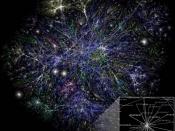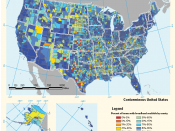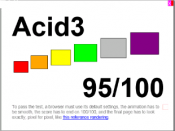"Just as commentators write about the 'profound impact' which the telegraph, the telephone and broadcasting are claimed to have had on society in earlier times, so cable systems, the Internet and mobile communications are all currently predicted to have their own dramatic consequences" (Sudweeks et al 1998, 6).
The purpose of this essay is to discuss the significant innovations and impacts that internet and mobile communications technologies (MCT) have had on the media and communications industry and society in general. In this essay the internet and mobile communications are covered by the definition of new media technologies. It will be argued that in this new media age, new media have transformed and are continuing to transform the daily operating practices of all groups with a vested interest in the media and communications industry. The scope of this essay will cover all groups with a vested interest in the media industry ranging from media enterprises to the various publics affected and even to policy makers.
An important consideration when discussing the transformation of the media and communications industries is to recognise the broader role played by technology on civilisation (Jenkins 2004, 34). Thus a description of the effect of new media technologies on pre-existing social structures will also be considered.
Perhaps the most notable transformation in the media and communications industry in the 21st century is the increased dependence on the Internet and MCT. These technologies have created a much more diverse and sophisticated media environment (Goggin 2006; Homolka 1996; Snowden 2005). To understand how they have shaped the contemporary media environment, let us first examine their primary functions.
Goggin (2006, 276) describes the internet as a "relatively new phenomenon with its widespread use beyond a research network spanning a mere fifteen years." In its most basic form it is an...


